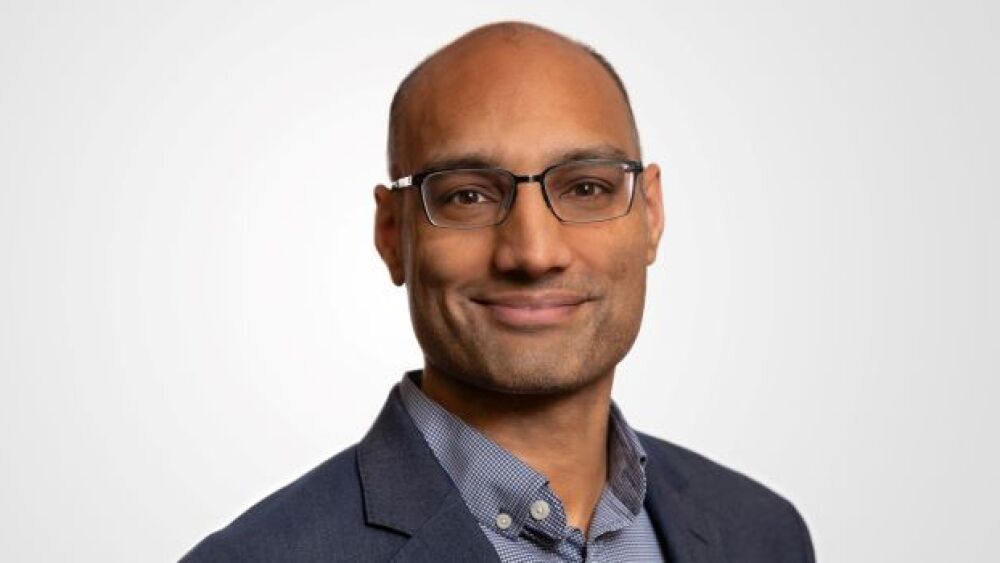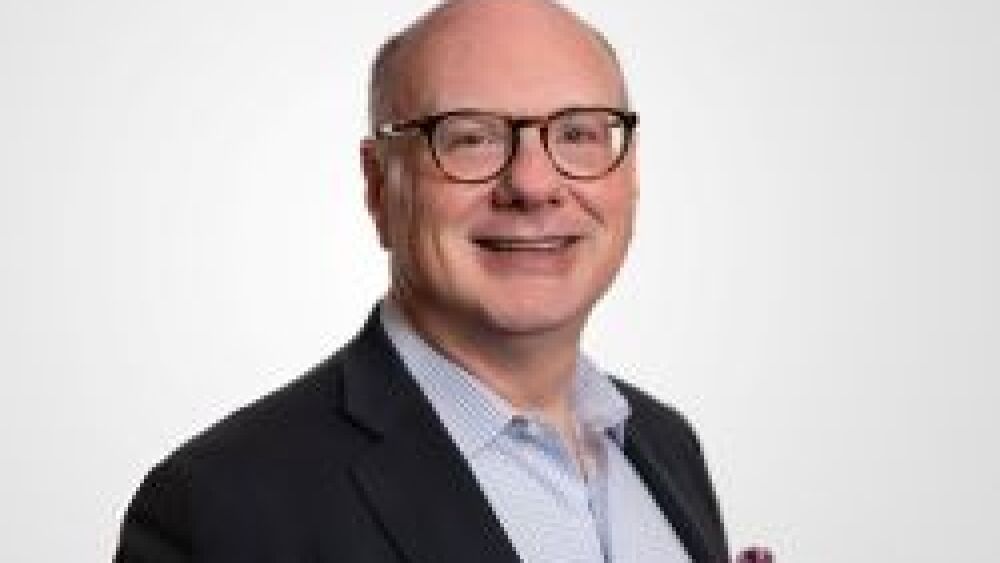Mediar Therapeutics added another $85 million to its coffers Wednesday to take its first-in-class fibrosis therapies to clinic.
Rahul Ballal, Ph.D., CEO, Mediar Therapeutics/company courtesy
Backed by an impressive cadre of pharma leaders including Novartis and Pfizer, Mediar Therapeutics added another $85 million to its coffers Wednesday to take its first-in-class fibrosis therapies to the clinic.
Mediar launched in 2019 from Mass Gen Brigham’s extension arm. Pfizer jumped onboard in 2021 in a seed round that brought in $20 million. Novartis Venture Fund co-led the Series A round with Sofinnova Partners. Pfizer, Bristol Myers Squibb, Eli Lilly and Ono Pharmaceutical also participated.
Fibrosis, which leads to inflammation and reduces blood and oxygen to the organ affected, contributes to an estimated 45% of all deaths in the developed world.
Current forms of treatment may slow the course of the disease, at best, and are limited by safety concerns.
Genetown-based Mediar is tackling fibrotic disease from a new angle.
“There has been a belief, at least in the literature, [that] once the train has left the station, there’s no stopping it,” Rahul Ballal, Ph.D., CEO, told BioSpace.
Ballal said that typically, if fibrosis is missed in the beginning stages, it is near unstoppable. Mediar’s platform could be a paradigm shift. By targeting the myofibroblast, the key cell type driving fibrosis progression, the team is confident they can not only slow the “train” down but possibly even reverse the disease.
“That’s like the Holy Grail, to make the train reverse direction,” Ballal said.
The approach opens the door to later-stage fibrosis treatment, which is among the hardest to treat with scarce options.
Mediar’s pipeline includes three myofibroblast targeting antibodies that have the potential to address multiple fibrotic indications, including lung, renal, liver and potentially cardiac, which has previously been considered intractable.
Myofibroblast is essential to normal wound repair in the body’s natural healing process. In states of chronicity, the cells remain active, leading to “an accumulation of excessive and disorganized collagen,” Paul Yaworsky, Ph.D., chief scientific officer, told BioSpace. This leads to fibrosis and, ultimately, to organ failure.
“[It’s] blocking the process at the myofibroblast with an on/off switch…because without a myofibroblast being active, you can’t have fibrosis,” he said.
Mediar plans to take both its lead program, WISP-1, and a second antibody to the clinic in 2024. Targets are thus far undisclosed. Ballal said the two are funded to actual value inflection, noting the advantages of having a mix of pharma and institutional investors in the round.
Both Ballal and Yaworsky are industry vets, with the latter coming to Mediar after a two-decade run at Pfizer. Ballal previously helmed Imara, a sickle cell focused biotech which merged with Enliven Therapeutics last month.
Ballal said Mediar will be doubling its 20-person team in the next 18-24 months to build out its clinical operations.







